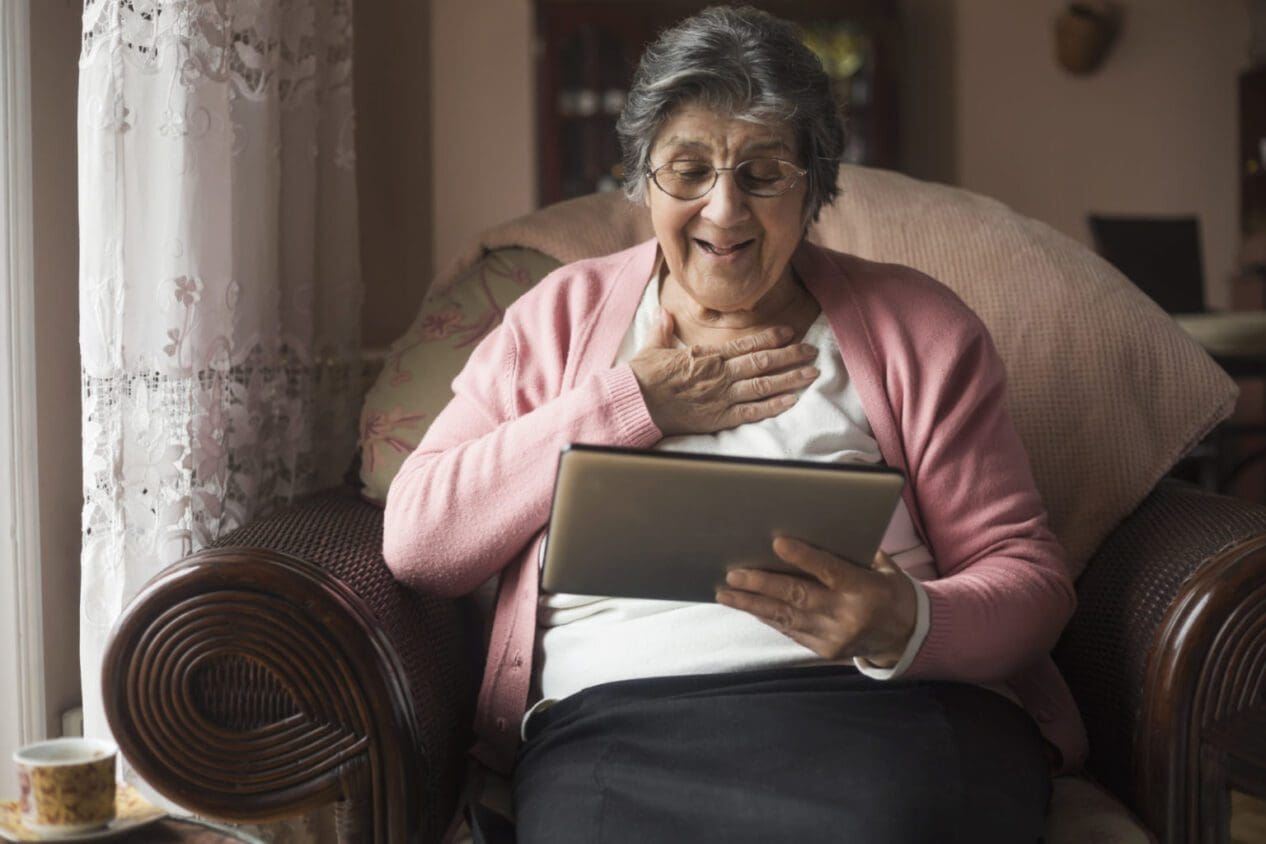The coronavirus pandemic presents new challenges to senior care, but with some planning and determination, the risk can be mitigated, according to experts from the USC Leonard Davis School of Gerontology
The most pressing concern is how to prevent illness from striking those in fragile health, particularly when they live in group settings where germs can spread easily and quickly.
One dire proposal – to prohibit nearly all visitors to nursing homes and other senior living facilities – has been recommended by the American Health Care Association.
Dean Emeritus Ed Schneider agrees. “If I had a nursing home, I wouldn’t let anyone in,” said Schneider, professor of gerontology, medicine and biology. “You’re dealing with the most vulnerable population around. Not only are they old, but they have medical conditions, which puts them at a high, high risk,”
An outbreak at Seattle area nursing homes has shown how quickly the virus can hopscotch from one resident to another once it enters the facility – and how swiftly, sometimes within hours, it can kill someone with already-compromised health.
Turning away relatives at the door is a drastic step to take, but it may be necessary, said Jim Biggs, co-director of the USC Leonard Davis School’s new master’s in Senior Living Hospitality program and the CEO of Illinois-based West Bay Senior Living. “Thirty three years I’ve been in this business and I’ve never had to do it,” he said. “But I understand that some communities may be required to do it.”
The challenge will be to balance residents’ rights, added Joshua Johnson, co-director of the master’s in Senior Living Hospitality program and the COO of West Bay Senior Living. “If a daughter wants to see her mom, that’s pretty tough.”
Part of the risk in senior housing is also staff, who come and go from their own lives, may have multiple jobs and can get exposed to the virus themselves. Facilities will find ways to make do with less if staff members get sick, but despite all these precautions, the nature of the virus means you can never be sure you’ve done enough, said Johnson.
Biggs and Johnson have taken several steps in their communities including stocking up on food, cleaning door knobs and handles each hour, wiping down furniture after each meal, requiring hand washing, temperature scanning and additional check in procedures for anyone entering or living in the community.
In cases where visitors are no longer allowed, creativity is called for, said Donna Benton, a research associate professor of gerontology and director of the USC Family Caregiver Support Center. One possibility: using apps like Skype and Facetime to give family members and loved ones virtual access. Residents themselves may not be able to interact via the screen, but it may make someone at home feel better about their relative. “It’s just to reassure them that it’s okay, like, ‘I see them, I see the room right now, I can have a way of checking in,’” she said. “It’s like a one-way monitor.”
Older people who live on their own face a different set of risks, Benton said. Those who have a professional caregiver, or who are cared for by a family member, need a back up plan in case their caregiver gets sick, she said. If an agency supplies a home health aide, a family member should call to find out what their plan is if the caregiver can’t come in. If the caregiver is the family member, that person should designate at least one back up, she said.
If an older relative is healthy and living independently, a family member should still make sure that they have the name of that person’s doctor and a neighbor or close friend, should the relative fall ill and need immediate help, she said.
In order to combat social isolation, Benton said this is the time to try out new systems.
“Call your friends and say, ‘such and such movie is out, let’s watch it together and be on the phone together,'” she said. “You put it on the speaker, you put it down, and you’re both watching the movie together. You don’t feel like you’re alone.”
Whatever the situation, don’t catastrophize, she said, and try to keep perspective.
“Right now, this is a sprint,” Benton said. “I don’t think it will be a marathon. And we can still do things. I can stand on my porch and wave at my neighbors. We all need to ask ourselves: how am I going to find those moments of joy?”





